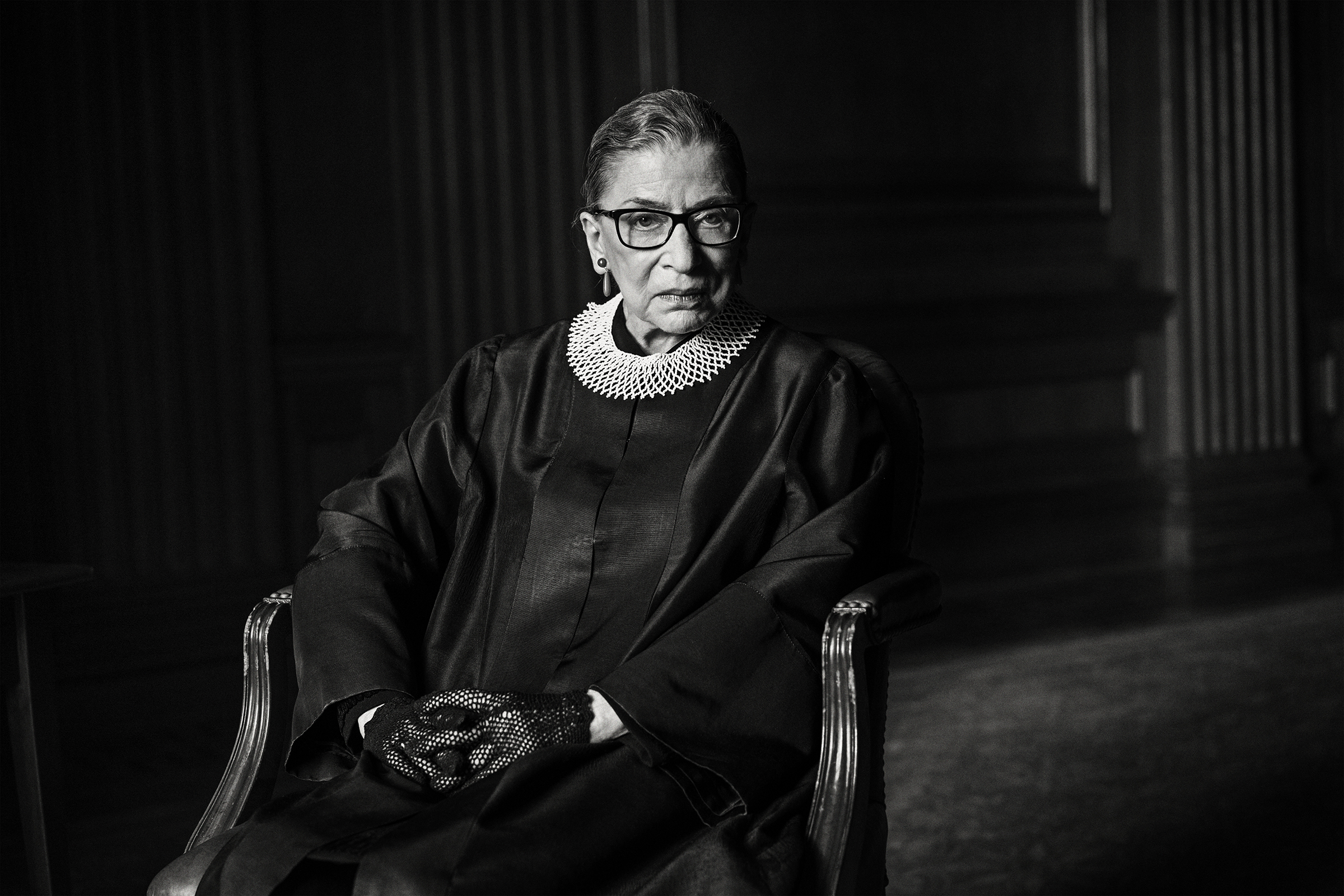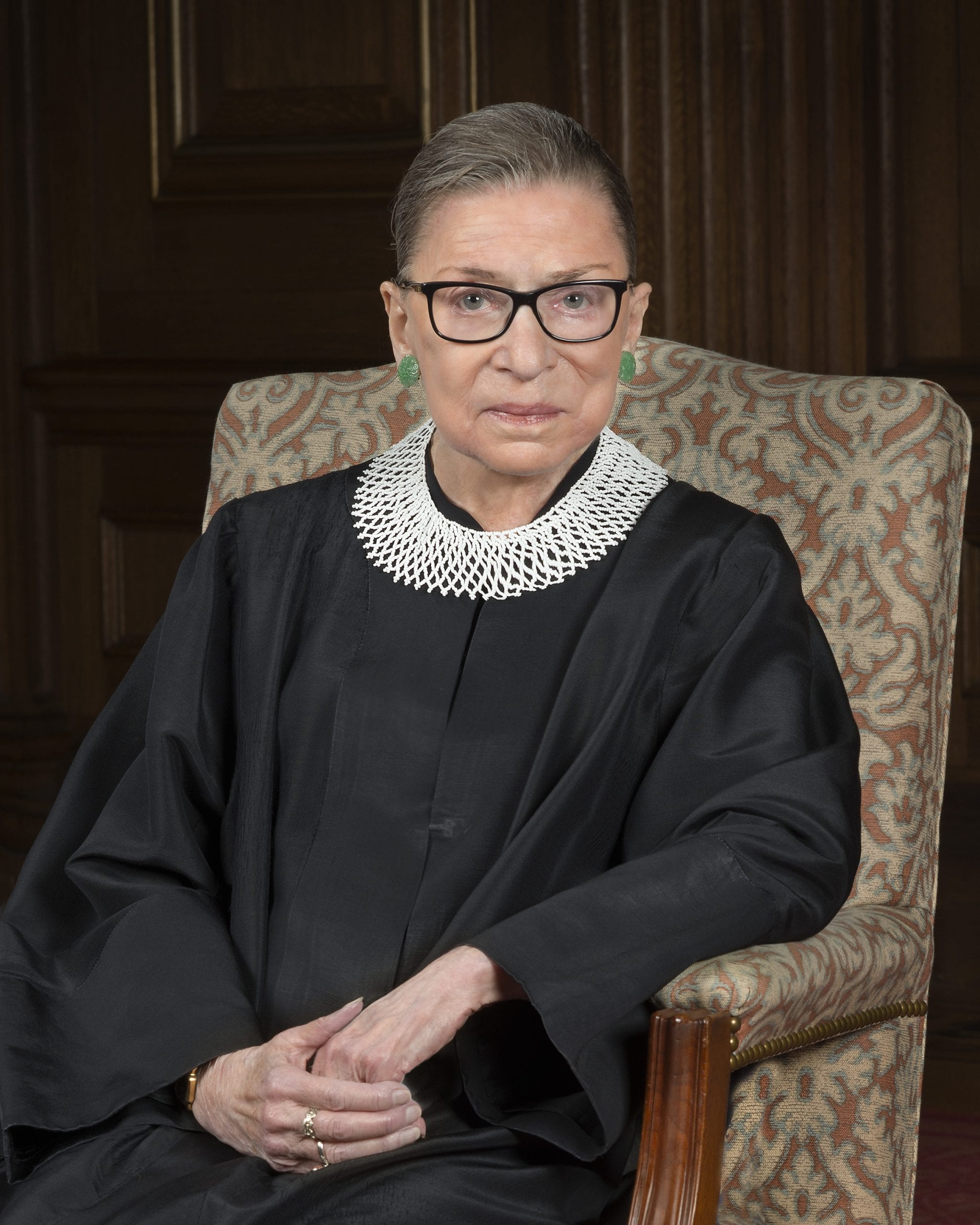Ruth Bader Ginsburg: A Supreme Court Justice and an Icon of Gender Equality
Introduction
Ruth Bader Ginsburg, a trailblazing Supreme Court Justice, dedicated her life to fighting for equality. Her remarkable career spanned decades, leaving an enduring legacy on the legal landscape of the United States. This essay will delve into the complexities of Ginsburg's unwavering commitment to gender equality, analyzing her impact, legacy, and the multifaceted perspectives surrounding her.
Ginsburg's Journey as a Legal Pioneer
Ginsburg's journey towards becoming a legal pioneer began at Cornell University, where she faced gender discrimination. Despite graduating first in her class, she struggled to find a job at a prestigious law firm. Undeterred, she enrolled at Columbia Law School, where she once again excelled.
After graduating, Ginsburg worked as a law professor and advocate for the American Civil Liberties Union (ACLU). She argued six groundbreaking cases before the Supreme Court, all challenging gender-based discrimination. In 1993, she was appointed to the Supreme Court by President Bill Clinton, becoming only the second woman to serve on the Court.
Ginsburg's Impact on Gender Equality
Ginsburg's tenure on the Supreme Court marked a watershed moment for gender equality. She authored numerous landmark opinions that overturned discriminatory laws, including the landmark 1996 case United States v. Virginia, which struck down the Virginia Military Institute's male-only admissions policy.
Beyond her judicial rulings, Ginsburg's public advocacy and speeches became a rallying point for advocates of gender equality. She spoke out against gender bias and encouraged young women to pursue their aspirations without fear.
Perspectives on Ginsburg's Legacy
Ginsburg's legacy as a champion of gender equality is well established, but different perspectives exist on her impact. Some critics question the extent of her influence, arguing that she was part of a larger movement towards gender equality. Others praise her unwavering commitment to justice, highlighting her ability to build consensus even in divisive cases.
Scholarly Research on Ginsburg's Contributions
Scholarly research has extensively documented Ginsburg's contributions to gender equality. Legal scholars have analyzed her legal opinions, arguing that they have significantly advanced the cause of women's rights. Feminist scholars have examined Ginsburg's role as an advocate and icon, exploring her influence on social and cultural change.
Public Perception and Media Coverage
Ginsburg's popularity extended beyond legal circles, capturing the imagination of the public. Media coverage often portrayed her as a feminist icon, affectionately known as "The Notorious RBG." Her image has been widely used in popular culture, symbolizing progress and resistance.
The Broader Implications of Ginsburg's Legacy
Ginsburg's legacy has far-reaching implications beyond the legal field. Her work has inspired numerous women and girls to pursue legal careers and fight for gender equality. Her example demonstrates that even in the face of adversity, individuals can make a lasting impact on society.
Conclusion
Ruth Bader Ginsburg's unwavering commitment to gender equality has left an enduring legacy on the United States. Through her groundbreaking legal opinions, public advocacy, and inspiring life story, she challenged discriminatory laws and stereotypes. Her impact extends beyond the courtroom, serving as a beacon of hope and a reminder of the power of one person to create positive change. As the debate over gender equality continues, Ginsburg's legacy will continue to inspire generations to come.
Yui: The Singer-Songwriter Who Captivates Japan
Clarence Thomas: A Conservative Voice On The Supreme Court
Horacio Rodríguez Larreta – Politician And The Current Head Of Government Of Buenos Aires.



